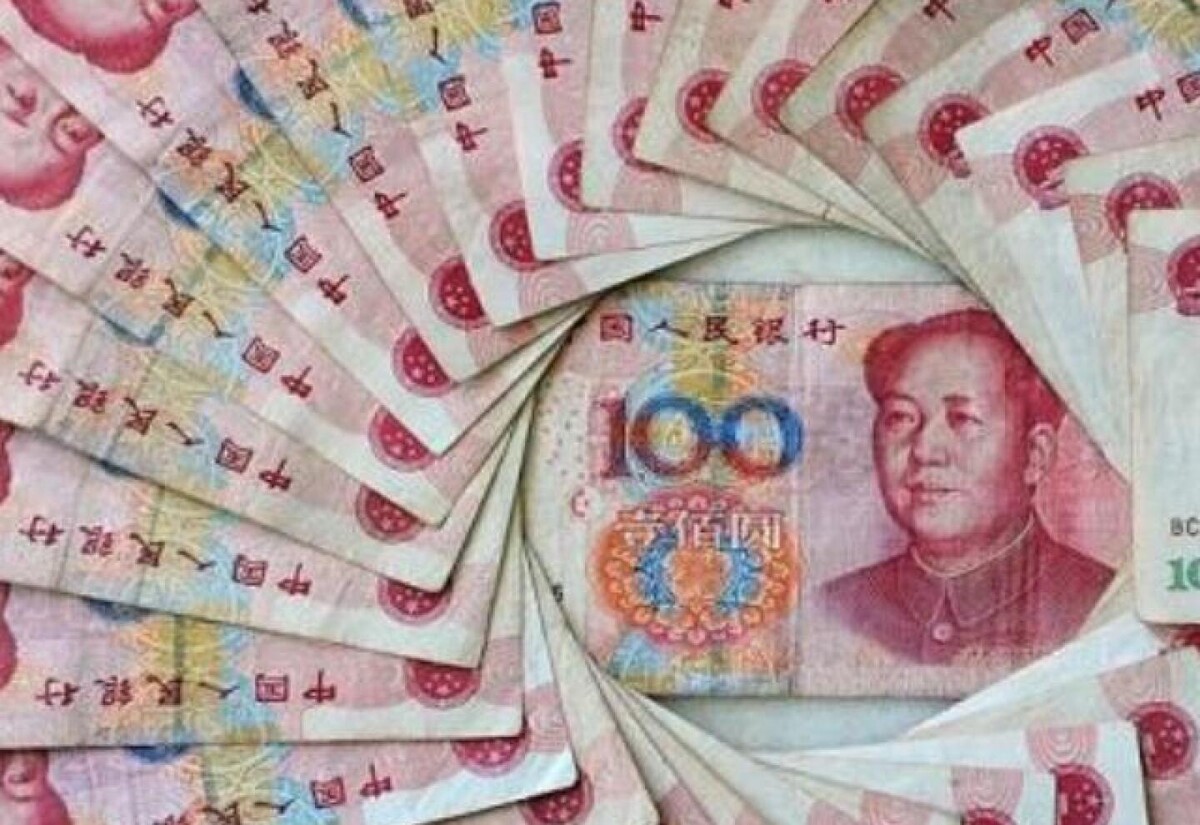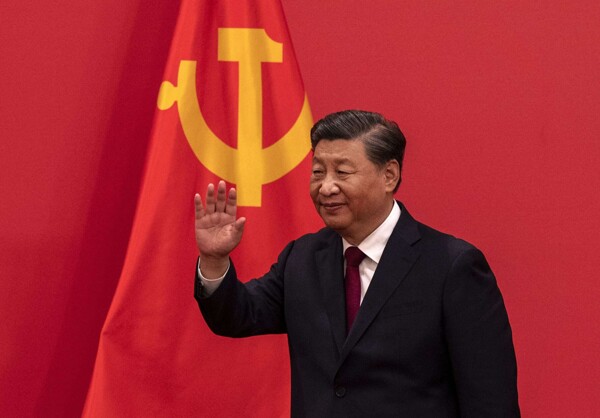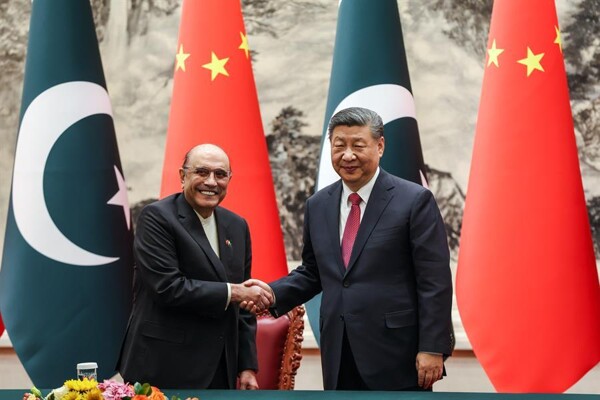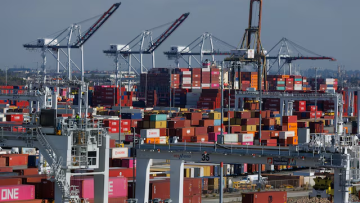
In 2024, China recorded a record outflow of foreign direct investment (FDI), with a decrease of 168 billion dollars, marking the largest figure since records began in 1990. This phenomenon raises concerns due to the reactivation of trade tensions between China and the United States, exacerbated by a record surplus of 768 billion dollars in merchandise trade.
In contrast, Japanese investments in the United States reached a record 75.6 billion dollars during the same period. Some portfolio investors have recently shown more interest in China, influenced by the rebound in bond and stock prices, as well as by the economic stimulus announced by the central government.
Despite the capital flight, China closed 2024 with a current account surplus of 422 billion dollars, the second highest in its history. However, Japanese companies have sent a total of 173 billion dollars out of the country, while the inflow of foreign capital has been limited to 4.5 billion dollars, the lowest figure since 1992.
The resumption of the trade war between China and the United States further complicates the situation of curbing capital flight. This exodus contrasts with the historical peak of 344 billion dollars reached in 2021. Moreover, the withdrawal of international companies and the transfer of capital abroad by Chinese companies aggravate the situation.
Despite Beijing's efforts to counter this trend with tax incentives and visa exemptions for foreign investors, the decrease in FDI in China reflected a 29% drop in 2024, according to the United Nations Conference on Trade and Development. The rapid advance of electric vehicles in the Chinese market has also led some foreign manufacturers to rethink their strategies.
New capital investments in the first three quarters of 2024 reached 20 billion dollars, but the overall decline is mainly due to debt repayments and the repatriation of profits, according to SAFE data. The Japan Chamber of Commerce and Industry in China revealed that nearly half of Japanese companies plan to reduce their investments or avoid new financial contributions.
The economic and geopolitical situation of China remains of high international relevance, with significant implications for trade and investments globally. Reports suggest that China could expand its investigations into tech giants such as Apple, Broadcom, and Synopsys.
The economic and geopolitical impact of the deterioration of the Chinese economy and the growing international tensions has led multiple companies to reduce their investments in the country. The tariffs implemented by former President Donald Trump and Beijing’s retaliation against American companies have contributed to this uncertain situation.













